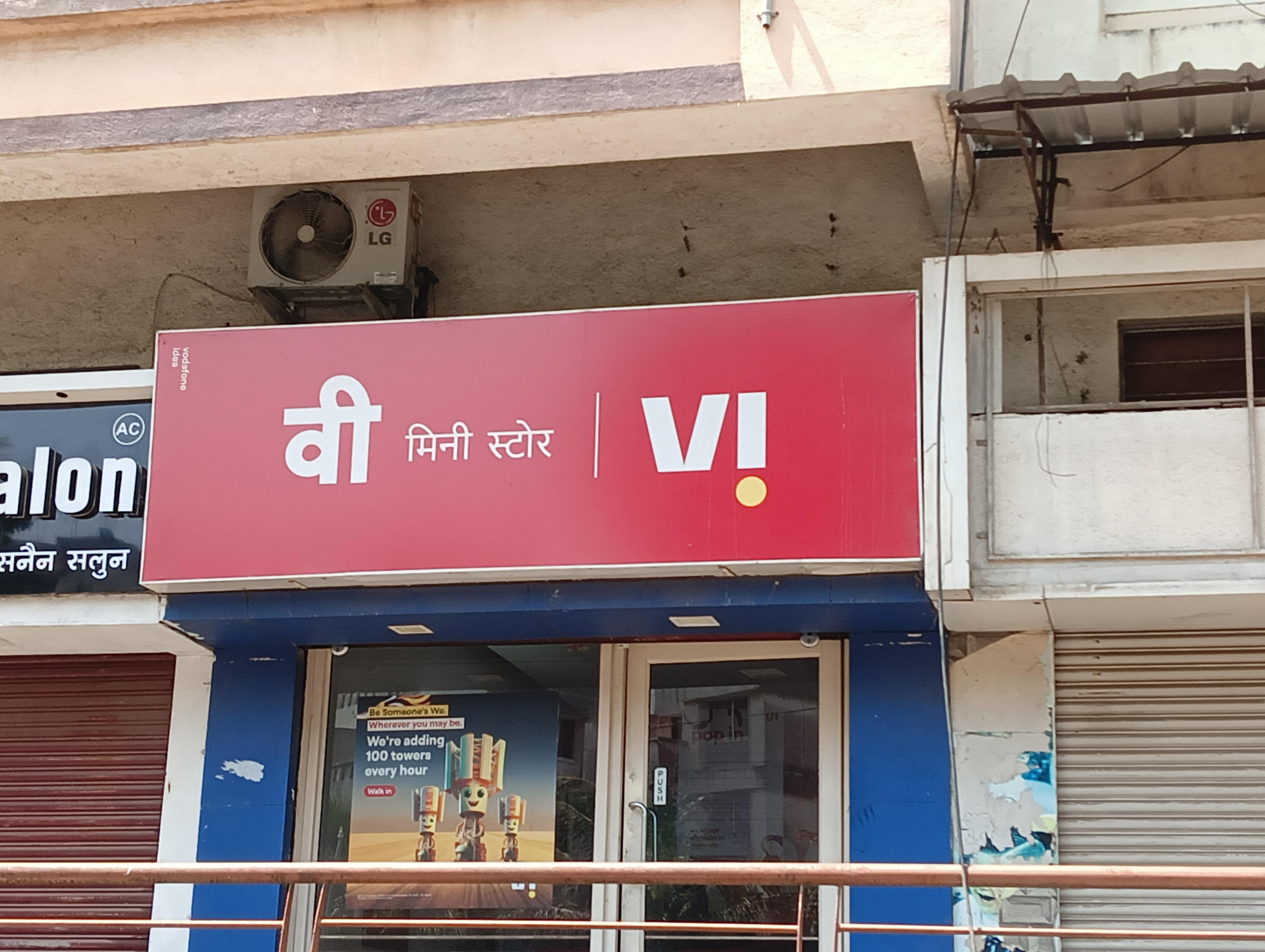
Vodafone Idea, one of India’s largest telecom operators, is battling a severe financial crisis, struggling under the weight of mounting debts and liabilities. Despite repeated efforts by both the government and the company’s management to rescue the telecom giant, a sustainable solution remains elusive.
According to recent reports, the Indian government is now preparing a fresh relief package for Vodafone Idea. However, without waiving key liabilities such as spectrum usage charges (SUC) and adjusted gross revenue (AGR) dues, the future of the company remains highly uncertain. Let’s break down the situation in simple terms and analyze the depth of Vodafone Idea’s financial troubles.
The major financial burden stems from two sources — the AGR dues and pending spectrum payments. After the Supreme Court’s 2019 ruling, telecom companies were mandated to pay their AGR dues in full. Vodafone Idea was originally given six years to clear these dues, but the government is now considering extending this repayment window to 20 years in a bid to ease the pressure. As per officials, the annual AGR installment, which currently stands at around ₹18,067 crore, could be decreased to between ₹6,000 crore and ₹8,500 crore. However, even this extension may not be enough to guarantee the company's long-term survival.
According to a model prepared by the Department of Telecommunications (DoT), if Vodafone Idea is required to pay ₹18,654 crore by 2026, its cash reserves could completely dry up before the next bill is due in 2027. Even with a 20-year payment window, there are fears that the company could face severe financial strain again by 2029. In the worst-case scenario, repayment might need to be stretched over 50 to 100 years, which appears impractical.
As of March 2025, Vodafone Idea had a cash balance of ₹9,330 crore. Earlier in March, the government converted ₹4,350 crore worth of spectrum dues into equity, making it the largest shareholder in Vodafone Idea with a 48.99% stake. However, the government has made it clear that it does not intend to take on additional equity, as doing so would raise its shareholding above 49%.
So, why is Vodafone Idea’s condition so precarious? During multiple meetings with the Department of Telecommunications, the company has clearly stated its inability to pay its AGR and spectrum dues. Although the government had earlier converted some dues into equity to ease the burden, the company continues to face financial headwinds. For the financial year 2025-26, Vodafone Idea is expected to pay ₹1,62,482 crore in AGR dues and an additional ₹53,939 crore in spectrum dues.
Industry experts believe that while Vodafone Idea may just about manage to meet its obligations in 2025-26, the period beyond 2027 looks increasingly bleak. Unless the company can raise over ₹25,000 crore in fresh loans from banks or financial institutions, it may find itself unable to service its debt. Brokerage firm Motilal Oswal has issued a stark warning that if relief on AGR dues is not granted and fresh capital is not raised, Vodafone Idea could face an annual cash shortfall of ₹20,000 crore.
To understand the gravity of the situation, one must understand what AGR and spectrum dues represent. Adjusted Gross Revenue (AGR) is the portion of a telecom company’s revenue on which it owes license fees and other government charges. Following the Supreme Court’s 2019 decision, telecom companies were ordered to pay all outstanding AGR dues, adding tremendous financial stress on companies like Vodafone Idea. Spectrum dues refer to the payments companies owe the government for acquiring spectrum during auctions. Vodafone Idea had participated in multiple auctions before 2021, and it is now obligated to clear these outstanding payments.
In conclusion, while Vodafone Idea remains a crucial player in India’s telecom sector, its towering debt burden has pushed it into a precarious position. The government’s proposed relief package and the extension of repayment schedules may offer short-term breathing space, but long-term survival will require significant restructuring, fresh capital infusion, and potentially, deeper government intervention. For now, both Vodafone Idea and the government face an uphill battle in securing the company’s future.
Disclaimer:
This article is for informational purposes only and does not constitute financial advice. Readers should conduct their own research or consult a financial advisor before making any investment decisions.




